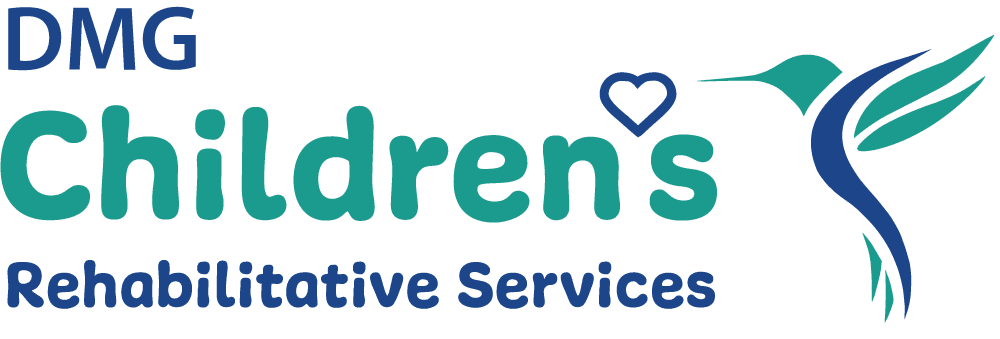Sleep Apnea Causes, Symptoms and Treatment
What is sleep apnea?
Sleep apnea is a condition where breathing stops for 20-30 seconds or slows when sleeping. Obstructive sleep apnea (OSA) occurs when the airway is partly or fully blocked for a period during sleep. OSA is estimated to affect about 1% to 4% of children. Both adults and children can struggle with sleep apnea.
What causes sleep apnea?
While sleep apnea can occur in both adults and children, the causes and symptoms of the condition are different in children vs. adults. Obesity is a primary cause of OSA in adults. In children, sleep apnea can be caused by:
If your child has one or more of the following risk factors, their chances of having sleep apnea are increased.
What are the symptoms of sleep apnea in a child?
While sleep apnea affects only a small percentage of children, if your child snores consistently and loudly- like an adult or elderly person- the chances of them having sleep apnea are increased. According to Yale Medicine, 10%-20% of children who snore habitually have sleep apnea.
Besides loud snoring, other nighttime signs to watch for include:
Daytime symptoms of sleep apnea in your child may include:
If your child has any of these symptoms, you should schedule an appointment with their pediatrician or primary care provider.
Can sleep apnea be treated in my child?
If your child’s pediatrician thinks your child is experiencing sleep apnea, they will refer you to a pediatric otolaryngologist- commonly called an ears, nose and throat (ENT) specialist. Early diagnosis and treatment are important to prevent complications that can affect your child’s growth, mental development and behavior.
Children with OSA who don’t receive treatment may be at an increased risk of later developing:
Both pediatric primary care providers and ENTs are available at DMG CRS, so you can rest assured that each medical provider on your child’s care team has complete access to your child’s medical records and are working together to develop a personalized treatment plan. Our goal is to help you understand your child’s condition and have the medical providers and resources all available in one location to make getting treatment for your child as easy as possible.



